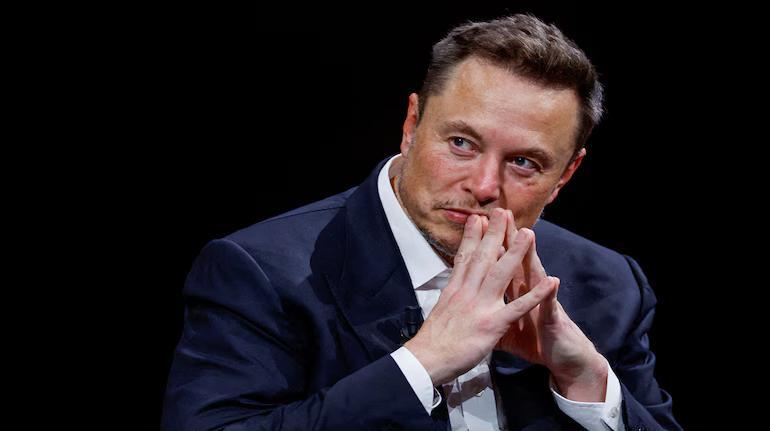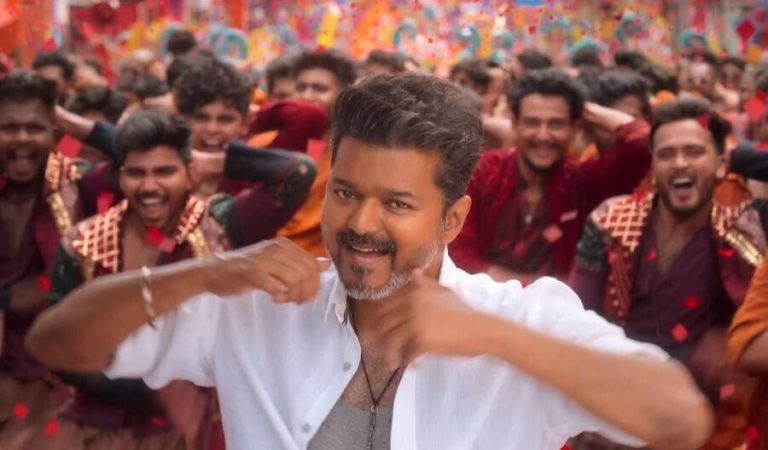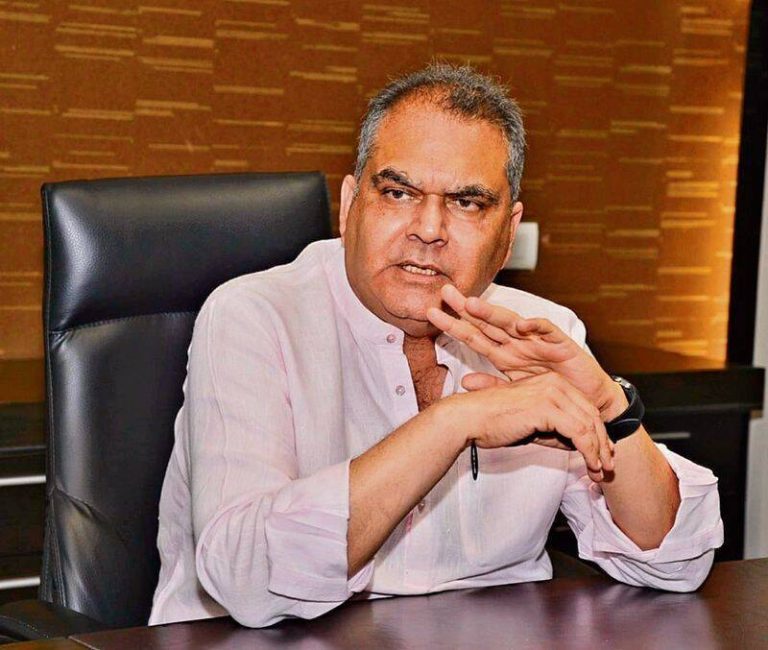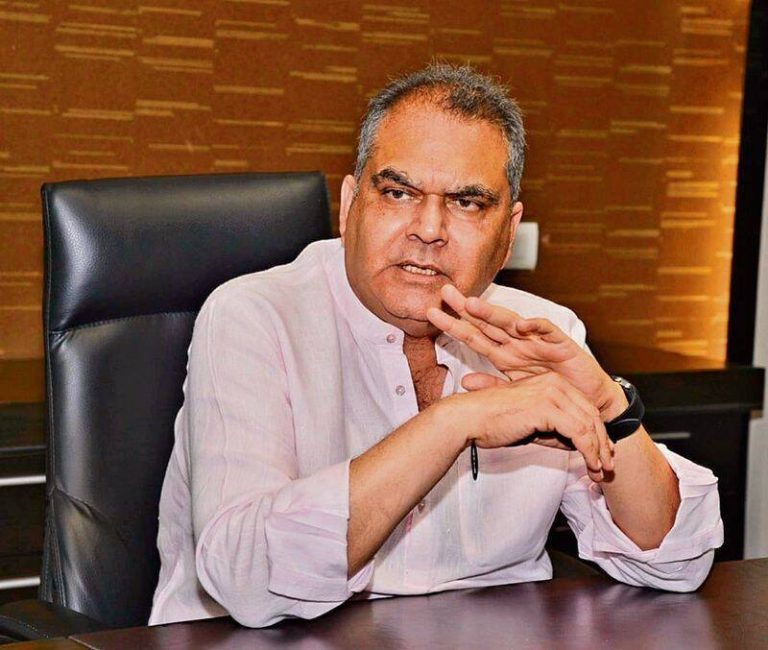
Poverty an engineering issue, AI & humanoid robots will end it: Musk
In a thought-provoking statement, billionaire and xAI CEO Elon Musk opined that poverty is an engineering issue. According to Musk, Artificial intelligence (AI) and humanoid robots will eliminate poverty, and AI and robotics are the only way to make everyone wealthy. Musk expressed these views at the US-Saudi Investment Forum, where he emphasized the potential of AI and robotics in transforming the global economy.
Musk’s statement may seem radical, but it highlights the potential of technology in addressing one of the world’s most pressing issues: poverty. For centuries, poverty has been a persistent problem, with millions of people around the world struggling to access basic necessities like food, shelter, and healthcare. Despite efforts by governments, organizations, and individuals, poverty remains a significant challenge, with the World Bank estimating that over 700 million people live in extreme poverty worldwide.
However, Musk’s perspective on poverty as an engineering issue offers a fresh perspective on the problem. By framing poverty as an engineering challenge, Musk suggests that it can be addressed through the application of technology and innovation. This approach is consistent with Musk’s own experiences as an entrepreneur and inventor, where he has used technology to disrupt traditional industries and create new opportunities.
The role of AI and humanoid robots in eliminating poverty is a key aspect of Musk’s vision. He believes that as AI and robotics advance, they will be able to automate many tasks currently performed by humans, freeing people up to pursue more creative and fulfilling work. This, in turn, will lead to increased productivity and economic growth, ultimately reducing poverty.
Musk’s comments on the potential of AI and robotics to eliminate poverty are not without precedent. Many experts believe that automation and AI will have a significant impact on the workforce in the coming years, with some estimates suggesting that up to 30% of jobs could be automated by 2030. However, while this may seem like a negative development, Musk argues that it could ultimately lead to a more prosperous and equitable society.
One of the key benefits of AI and robotics is their ability to perform tasks more efficiently and effectively than humans. For example, humanoid robots could be used to construct homes, harvest crops, and provide healthcare services, reducing the need for human labor and increasing productivity. This, in turn, could lead to lower costs and higher standards of living, making it possible for people to access basic necessities and amenities that were previously out of reach.
Another potential benefit of AI and robotics is their ability to provide new opportunities for education and skills development. As AI and automation take over routine and repetitive tasks, people will be free to pursue more creative and high-value work, such as science, technology, engineering, and math (STEM) fields. This could lead to a more skilled and educated workforce, better equipped to drive innovation and economic growth.
Musk’s statement that money will eventually stop being relevant in the future is also noteworthy. As AI and robotics advance, it is possible that traditional notions of work and income will become less relevant. With the rise of universal basic income (UBI) and other alternative economic models, it is possible that people will no longer need to work to survive, and that technology will provide for their basic needs.
While Musk’s vision for a future without poverty is compelling, it is not without its challenges. One of the key concerns is the potential for job displacement, as AI and automation take over tasks currently performed by humans. This could lead to significant social and economic disruption, particularly in industries where workers are not equipped to adapt to new technologies.
Another challenge is the need for significant investment in AI and robotics research and development. While Musk’s companies, such as Tesla and SpaceX, are at the forefront of AI and robotics innovation, much more needs to be done to realize the full potential of these technologies. Governments, corporations, and individuals will need to work together to invest in AI and robotics research, and to develop the infrastructure and skills needed to support these technologies.
In conclusion, Elon Musk’s statement that poverty is an engineering issue, and that AI and humanoid robots will eliminate it, offers a fresh perspective on one of the world’s most pressing problems. While there are challenges to be addressed, the potential of AI and robotics to transform the global economy and eliminate poverty is significant. As Musk said, AI and robotics are the only way to make everyone wealthy, and it is up to us to invest in these technologies and create a future where poverty is a thing of the past.





